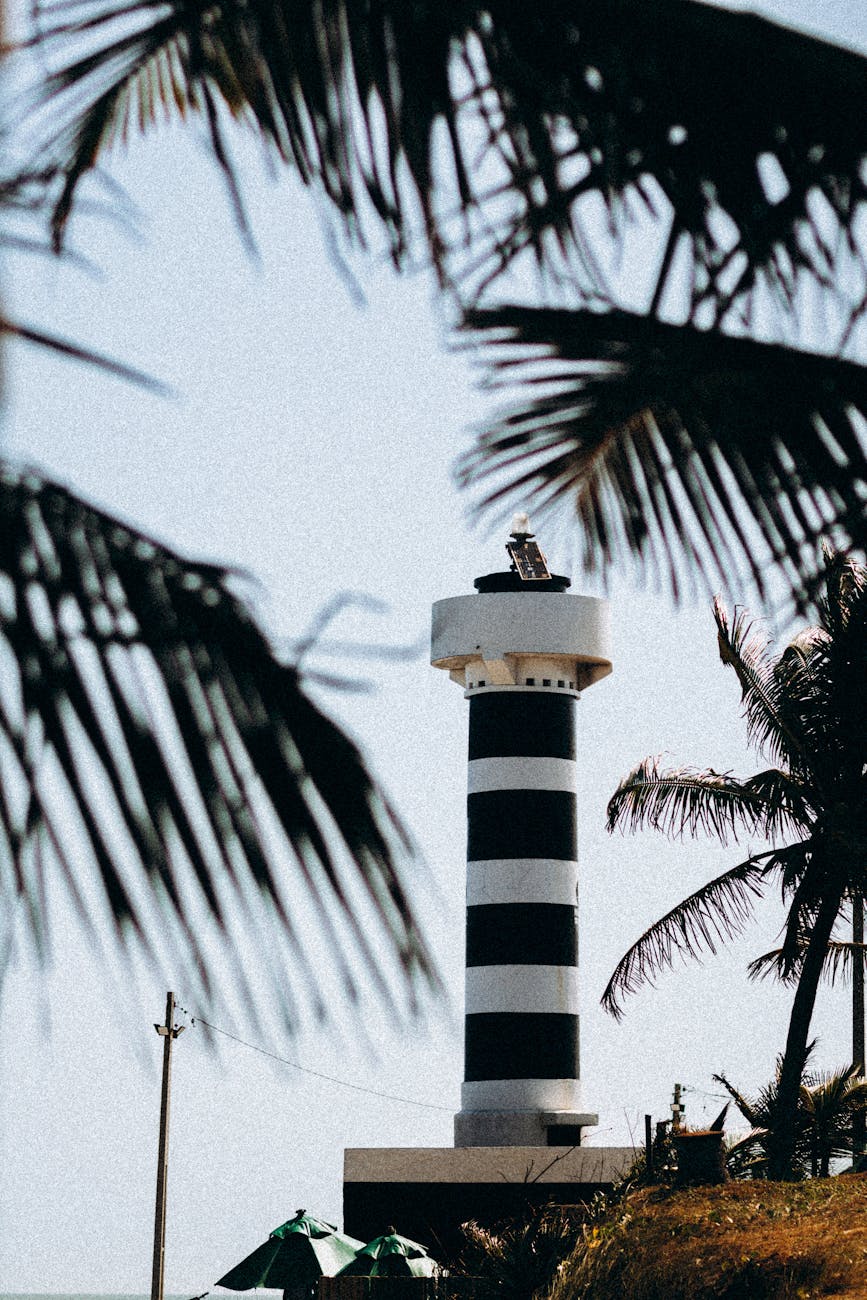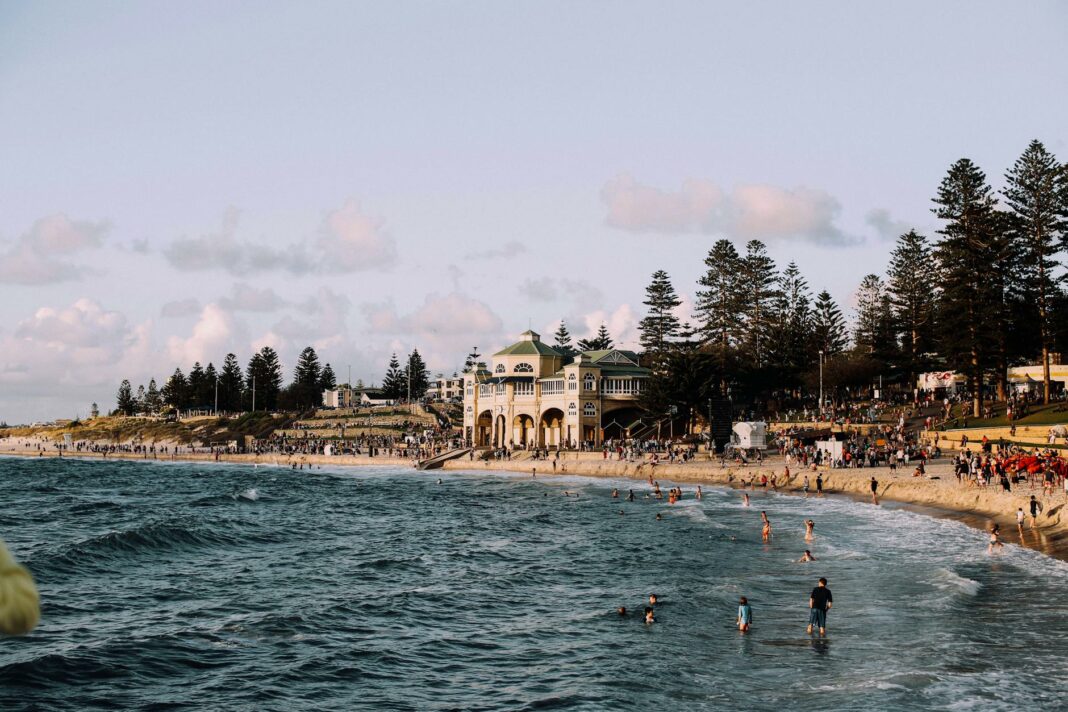- Introduction
- Highlighted Destinations
- The Impact of Coastal Waste
- Eco-Friendly Solutions
- Stay Positive
- FAQs
Introduction
The beauty of a holiday destination often lurks behind breathtaking views and serene beaches, but a grim reality persists—coastal waste. As travelers flock to their favorite spots, the toll on our picturesque shores grows increasingly alarming. One might wonder, how are cherished locations handling this unwelcome dilemma, and more importantly, what can we do to help?
Let’s journey through the stunning landscapes that are sadly being compromised by trash, explore the far-reaching effects of this pollution, and uncover innovative solutions that are making a difference. By embracing an upbeat perspective, we can uncover ways to protect these paradises and work collectively toward cleaner horizons.
Highlighted Destinations
Many dream of pristine coastlines, but several popular spots are grappling with the shadow of pollution. Places like Bali, Thailand, and the Caribbean islands entice visitors with their allure. Unfortunately, the dazzling waters of these regions are often marred by debris. In Bali, for instance, vibrant beaches reveal the darker truth of waste washing ashore, tainting the beauty that has made it a premier travel destination.
Meanwhile, the beaches of Thailand face similar challenges, as tourists flock to its stunning shores while plastic pollution threatens marine wildlife. Caribbean islands, with their inviting lagoons, also battle the persistent problem of litter, where coral reefs struggle to survive amid the flotsam. However, a brighter narrative exists; awareness is burgeoning, and local communities are rising to the challenge to protect their natural treasures.
The Impact of Coastal Waste
The effects of coastal waste extend far beyond unsightly beaches; they have dire consequences for marine ecosystems, wildlife, and local economies. Sea creatures become entangled in plastic, fishing nets, and other debris, leading to heartbreaking injuries or, worse, death. The delicate balance of these ecosystems suffers tremendously, disrupting food chains and pushing certain species toward extinction.
Furthermore, the economic repercussions cannot be overlooked. Areas that rely heavily on tourism risk losing their appeal when visitors are met with litter-filled shores. A decline in tourism can lead to job losses and a struggling local economy, leaving families and businesses in precarious situations. Yet, this is where hope arises; as awareness increases, so does the motivation to enact change. With concerted efforts, communities are recognizing the importance of preserving their environments for future generations.
Eco-Friendly Solutions
What if we could turn the tide on this pressing issue? Innovative solutions are sprouting up across the globe, providing a glimmer of hope for our beleaguered coastlines. Initiatives such as beach clean-ups, education campaigns, and the reduction of single-use plastics are gaining traction, empowering local residents and travelers alike to take action.
Organizations and volunteers are joining hands to spearhead cleanup efforts, fostering a sense of community spirit while restoring affected areas. Meanwhile, eco-conscious travelers are choosing sustainability over convenience, opting for reusable items and supporting businesses that prioritize environmental responsibility. It is exhilarating to witness how every contribution, whether big or small, can generate waves of positive change.
Stay Positive
Embracing a positive mindset is crucial in the face of daunting challenges. Solutions are materializing, and individuals are making conscious decisions to protect our environment. Many are inspired to explore relatively untouched areas that enchant the soul while encouraging responsible tourism—essentially treading lightly on these beautiful lands.
Imagine visiting a beach where litter is minimal, thanks to the collective efforts of the community and conscientious visitors. Through thoughtful choices regarding travel and eco-friendly habits, we can still enjoy our beloved destinations while guarding them against the tide of waste. This optimistic approach empowers people to believe in their ability to impact environmental change and fosters a collective sense of responsibility to safeguard the places we adore.
FAQs
What is coastal waste, and how does it affect marine life?
Coastal waste generally refers to trash and debris found along shoreline areas. This pollution can drastically harm marine life, as animals often ingest or become entangled in waste, leading to injury or death.
How can tourists help reduce coastal waste while traveling?
Tourists can make an impact by reducing single-use plastics, participating in beach clean-ups, and supporting local businesses that prioritize sustainability practices.
Are there organizations focused on combating coastal waste?
Yes, numerous organizations worldwide focus on cleaning up beaches and promoting environmental sustainability. Joining such initiatives is a powerful way to make a difference.
How can communities effectively address coastal waste issues?
Communities can improve awareness through education, establish clean-up events, and advocate for better waste management policies to effectively combat coastal waste challenges.
Why is preserving coastal regions vital for future generations?
Preserving coastal regions ensures that future generations have access to natural beauty and the resources these ecosystems provide, while also protecting biodiversity crucial for our planet’s health.
Image Credit: Pexels





